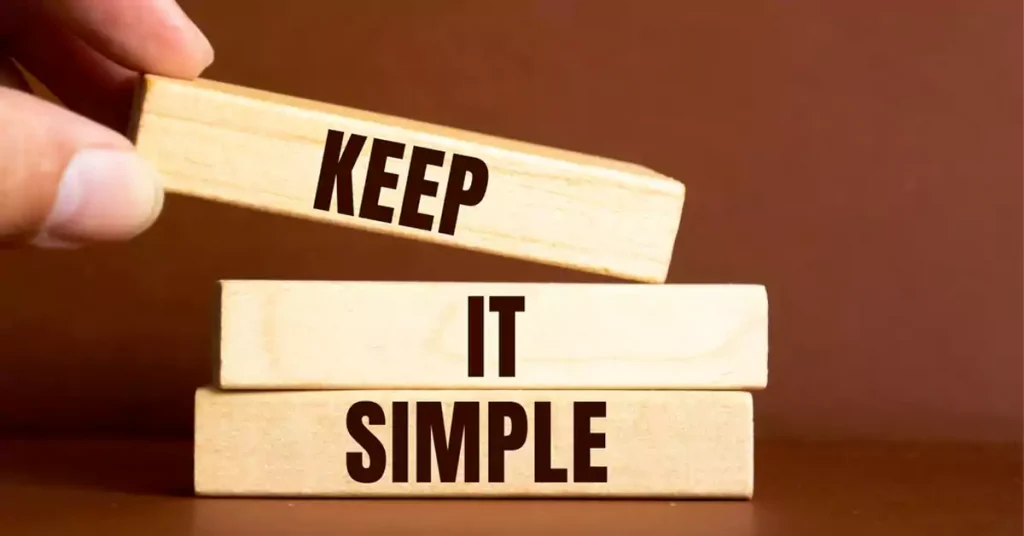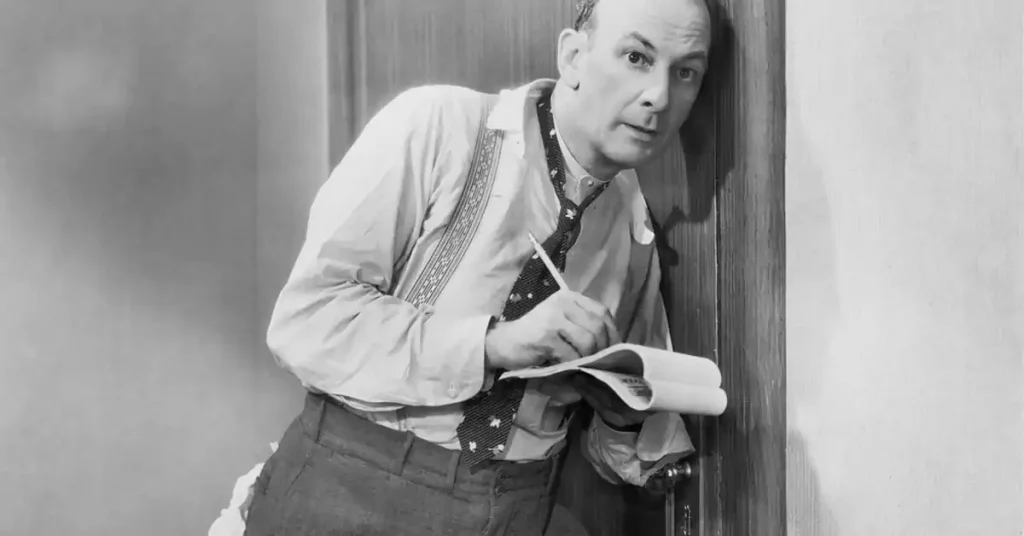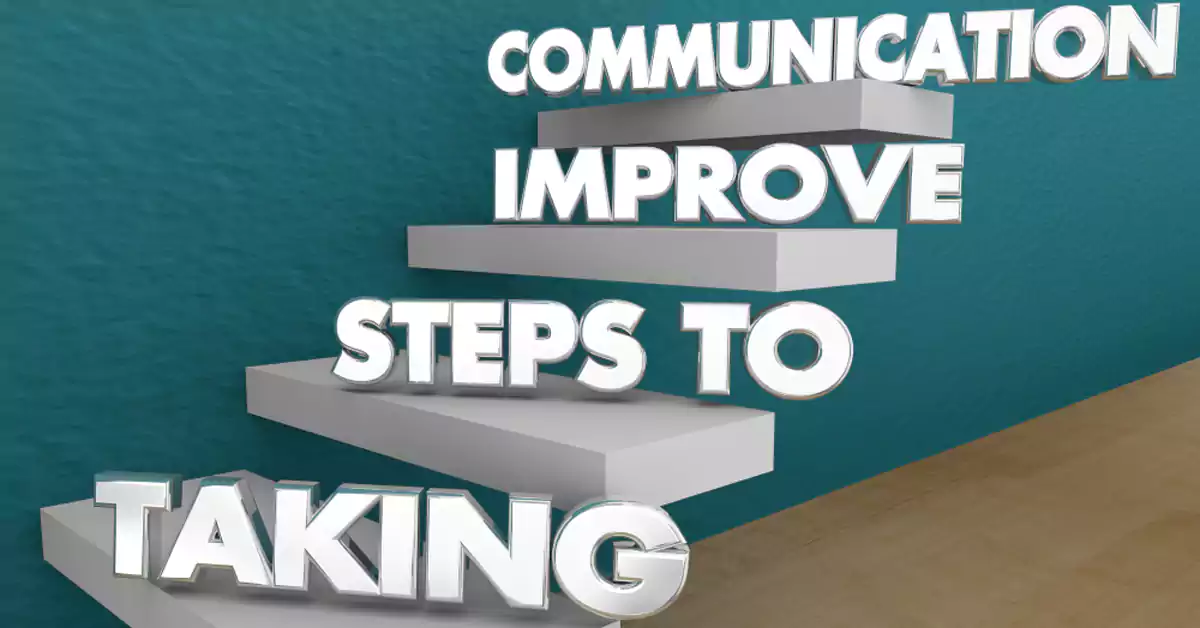If you work in an office, then, how to improve your communication skills in the office, should be on your top priority list.
You must have felt you communicated properly and were hoping to get good feedback but still, they got it all wrong.
There is a reason why it is said that communication is key, this is because communication is how we relate to others, how we express our feelings, ideas, thoughts, etc
Sadly, not everyone has the ability to deliver a message clearly and research says that 75% of career success depends on your ability to communicate effectively. The question is, how do you communicate effectively without feeling uncomfortable and still pass the message accurately?
If you’re in this situation, then this is for you. This article explains simple steps you can make to brush up on your communication skills and become an expert communicator.
First, let’s list out the points for quick readers then go ahead to explain how it works.
These steps are;
Listen attentively
Ask questions
Observe body language
Be concise
Write down key points
Prepare ahead what you want to communicate
Give positive feedback
Build rapport at work with your colleagues
Now let’s get right into talking about how you can improve your communication skills at work. Trust me you’ll find this interesting.
Listen Attentively

As simple as this sounds, a lot of people find it difficult to pay attention when a message is given to them. Sometimes you get distracted by your own thoughts or what is happening around you and not paying attention or truly listening to someone weakens good communication.
When listening, Pay attention to the actual words they are communicating and also what it implies by paraphrasing back to the speaker the message you heard. You can say ‘ If I understand you correctly, you’re trying to say…
Listening attentively helps you understand the message, remember the conversation, and helps you respond accurately. It also shows that you respect whoever the speaker is.
Ask Questions

I know this was mentioned in the previous step but I had to emphasize it again just so you know that It is ok for you to ask questions in order to get clarity.
This does not make you a dumb person in fact it is an indication that you have been paying attention to the person speaking. Ask questions when you don’t feel clear about the message.
Observe Body Language

The way you position your body when talking to someone is also a form of communication, it sends a positive or negative impression or message to the person you are speaking with.
Easy body language like smiling, eye contact, sitting, or standing upright sends a good impression to the listener or speaker. Crossing your arms or frowning sometimes makes you seem unapproachable to others and unwilling to engage in any conversation.
Be Concise

One of the best ways to be clear when communicating or get clarity when you’re the recipient is to keep it short and simple.
Try as much as possible to communicate the key points in the message rather than beating around the bush and if the message is bulky you can stop at intervals to ensure that both speaker and listener are on the same page.
Write Down Key Points

Taking notes is a very crucial step in improving your communication skills especially if the message is bulky and you’re the listener. You do not want to keep stopping the speaker at intervals as that may be offensive.
In this situation, the best thing to do is to write the important points while the person is talking and if you’re unable to write at the moment you can take note of the key points so you can easily respond when they are done.
Prepare Ahead What You Want To Communicate

When you prepare what you want to communicate ahead of time, whether it is a presentation or a conversation, you will react better to the situation and not appear anxious.
Being prepared helps you feel more confident, this however does not mean that you have to memorize your conversation, just use this as a tool to guide your conversation with your colleague.
Give Positive Feedback

This is a key step to take when trying to improve your communication skills at the workplace.
Feedback helps the speaker to know if you are flowing with the conversation and trust me, no one likes to feel like they have been talking all the while to themselves. Also when giving feedback, it is important to keep it positive as much as possible.
No one likes to talk to a critic or someone who is always pessimistic, keeping your feedback/response positive encourages others to communicate with you without shying away and vice versa.
It will also help you maintain a healthy relationship with your colleagues or team members.
Build A Good Rapport With Your Colleagues At Work

Learning to build rapport is a major step to improving your communication skills. What this does for you is to make it very easy for you to approach any of your colleagues and easily kickstart a conversation with them.
Building rapport helps you to gain the trust of the person you’re talking to and one easy way to do this is by finding something in common. People are easily connected to people who have some things in common.
This can also help you sustain the conversation with your colleague. Whether it’s a problem the team is trying to solve, politics, music, sports, whatever it is, you can definitely find something that connects you with others and this can boost your ability to communicate with them easily and effectively at all times.
Conclusion
Remember that 75% of your career success depends on your ability to communicate effectively, so if you ever find yourself asking the question ‘ why should I improve my communication skills at work’ Let this be your reason and let it sink in deeply.
Implementing these steps consistently or using them as a guide will help you become a more effective communicator at work and you can be sure that you will see the difference the moment you start implementing them!
You might also need to check out our post about office ethics, and learn the office culture.

